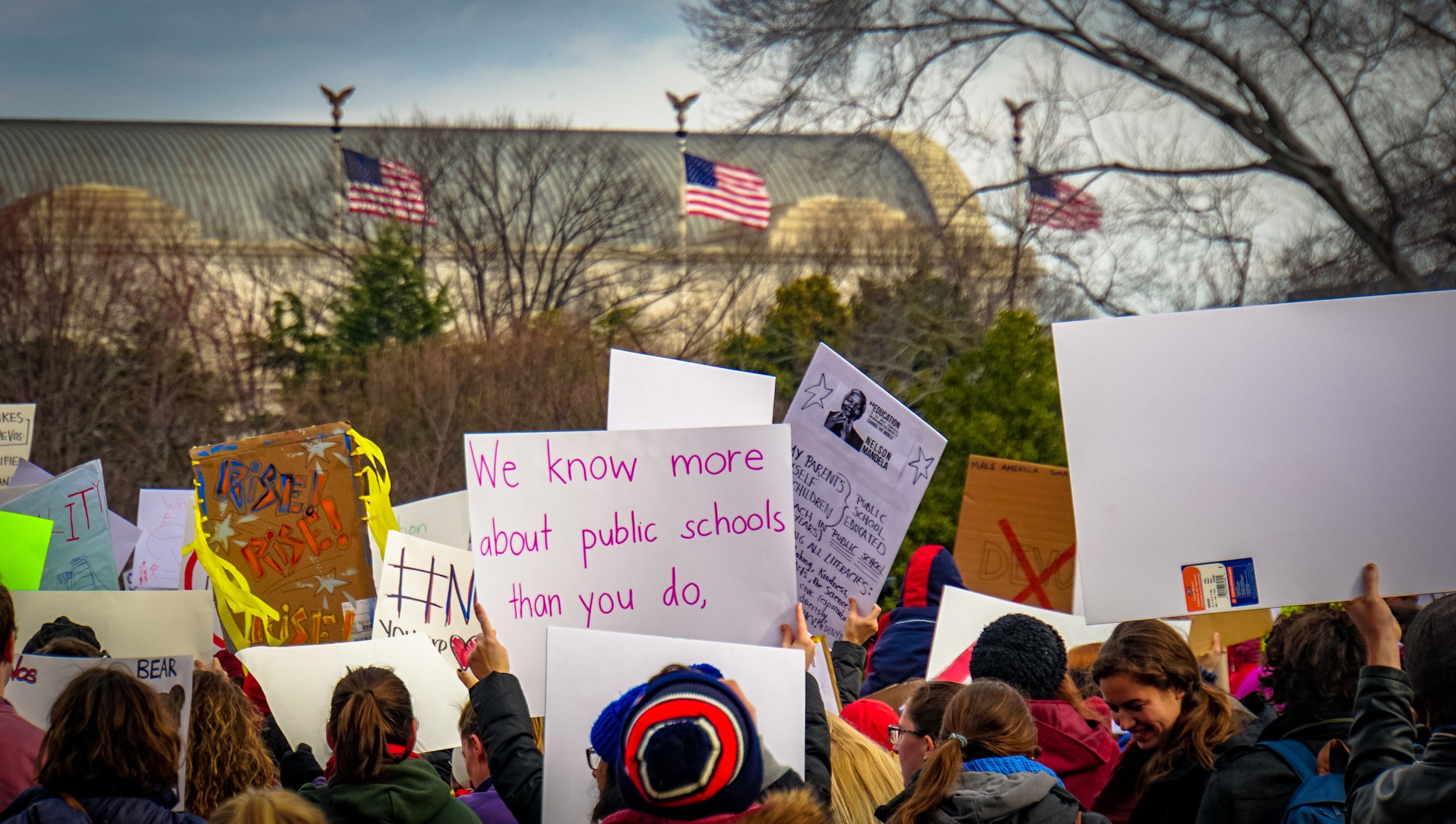In June 2024, Louisiana Gov. Jeff Landry signed a law requiring Ten Commandments displays in that state’s public classrooms. At a press event the same day, Landry said, “If you want to respect the rule of law, you’ve got to start from the original lawgiver, which was Moses.”
Critics say the law contradicts long-standing United States Supreme Court precedents. Those precedents include the 1980 Stone v. Graham decision, when SCOTUS ruled that a Kentucky law requiring a copy of the Ten Commandments in the state’s public classrooms was an unconstitutional violation of the First Amendment’s establishment clause, which states that “Congress shall make no law respecting an establishment of religion.”
Also in June, Oklahoma’s top education official ordered public schools there to incorporate the Bible into lessons, while the Oklahoma Supreme Court ruled unconstitutional what would have been the nation’s first state-funded Catholic charter school. Later, in November, Texas’ State Board of Education allowed Bible-infused teachings in elementary schools. Officials in other states have also been under pressure to introduce Bible lessons into state education curricula or to ban books and subjects related to race, sexual orientation and gender identification. Meanwhile, the case over whether an effort to establish the first taxpayer-funded charter school in Oklahoma can go ahead is headed to the Supreme Court.
Such moves have outraged civil rights and minority faith and values groups, such as Interfaith Alliance or the Freedom From Religion Foundation, which is part of a coalition suing Louisiana over its Ten Commandments law and which has taken action to block Bible lessons in Oklahoma.
Though there is no U.S. federal law stopping public schools from including the Bible as part of children’s education — and the federal government, in turn, cannot mandate what states teach — opponents fear such initiatives not only violate the Constitution but are “part of a larger push to increase the presence of Christianity in the public sphere and to challenge constitutional protections for religious freedom.”
In this edition of ReligionLink, we share relevant stories, sources and resources to help you report on the separation of church and state as it relates to education, Christian nationalism and parental rights in the U.S.

